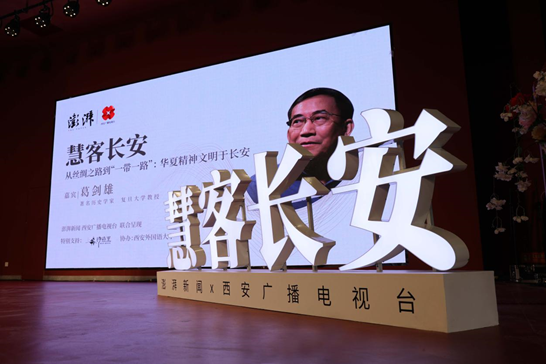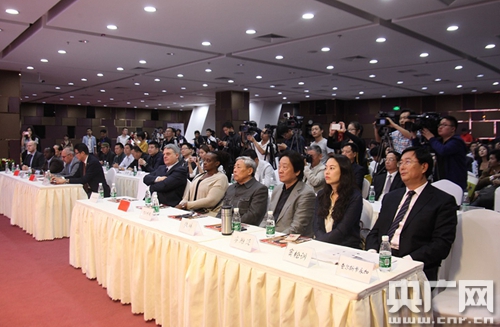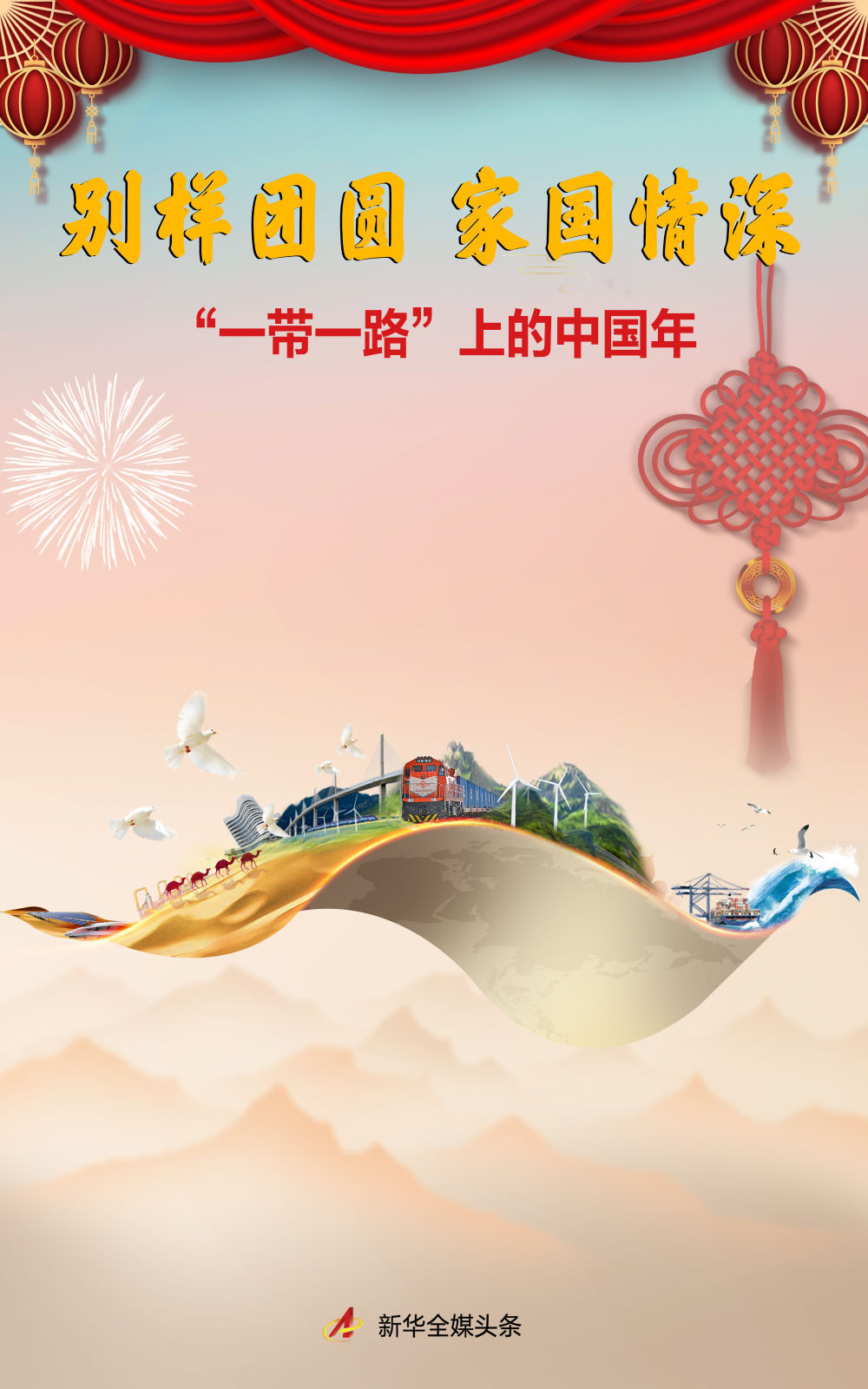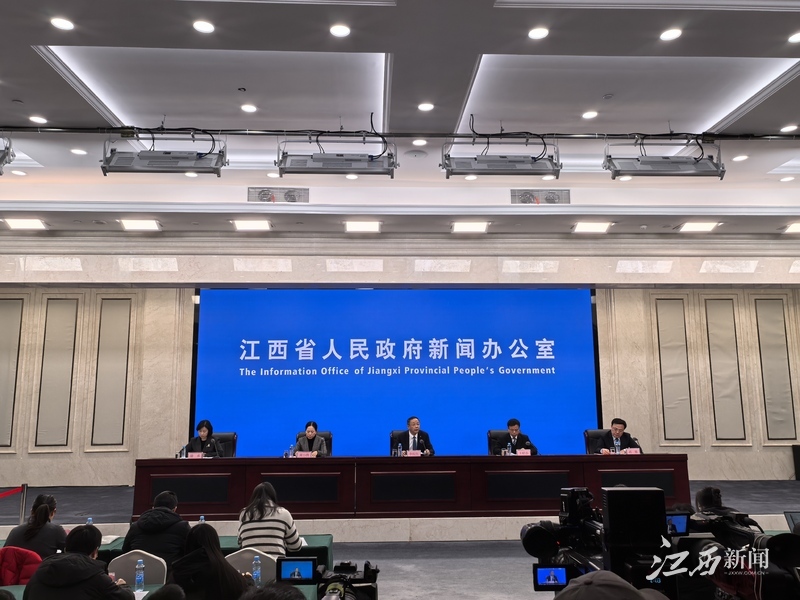The Impact Of The Three-year Russian-Ukrainian War On China
The Impact Of The Three-year Russian-Ukrainian War On China
The impact of the Russian-Ukraine War on China for three years. The Russian-Ukraine War has lasted for three years since its outbreak in 2022. This war not only profoundly changed the geopolitical pattern of Europe, but also had a profound impact on global politics, economy, energy and other fields. As a world power
The impact of the three-year Russian-Ukrainian war on China
The Russian-Ukraine War has lasted for three years since its outbreak in 2022. This war has not only profoundly changed the geopolitical pattern of Europe, but also had a profound impact on global politics, economy, energy and other fields. As a world power, although China did not directly participate in military operations in this conflict, it inevitably suffered multiple shocks and also ushered in some new opportunities.
1. Economic level
(I) Energy trade opportunities and challenges coexist
Russia is an important energy exporter in the world. After the outbreak of the Russian-Ukraine War, Western sanctions on Russia made Russia more dependent on the Chinese market in energy exports. China and Russia have signed a series of long-term energy cooperation agreements, such as the promotion of the "Siberian Power 2" natural gas pipeline project, which will import more natural gas from Russia every year, which greatly improves the stability and security of China's energy supply and to a certain extent alleviates China's excessive dependence on energy imports in the Middle East and other places. However, with the adjustment of Russia's energy export direction, price fluctuations in the international energy market may be more frequent in the future. China needs to cope with the cost risks brought about by instability in energy prices. If Russian energy flows back to Europe, the prices of China-Russia long-term energy cooperation agreements may also face adjustment pressure.
(II) Trade structure adjustment and market expansion
The bilateral trade volume between China and Russia has increased significantly, from US$100 billion in 2021 to exceed US$400 billion in 2024. Chinese goods' market share in Russia continues to expand, covering multiple fields from daily consumer goods to electronic products. At the same time, new changes have also occurred in China's trade with Europe. During the war, China-Europe land transportation (such as China-Europe freight trains) increased its importance and became an important channel connecting trade between the two sides. However, the war has led to a decline in the European economy, a decline in consumption capacity, and fluctuating demand for Chinese goods imports. China's export companies to Europe are facing difficulties such as reducing orders and reducing profits. However, if the European economy recovers as the war situation eases, demand for Chinese intermediates (mechanical, electronic components) and other products may increase, bringing new market opportunities to Chinese companies.
(III) Grain import cost and supply stability
Ukraine is one of the world's major food exporters. The war has hindered Ukraine's grain exports and fluctuated international food prices. Although China has a high grain self-sufficiency rate, some varieties such as corn and barley rely on imports. Fluctuations in grain prices have affected the costs of China's feed, food processing and other industries. However, in the long run, China has actively expanded its grain import channels and strengthened cooperation with other grain exporters, reducing its dependence on food supply in a single region and ensuring the stability of domestic food supply.
2. Geopolitical level
(I) Optimization of surrounding geographic environment
Due to the pressure of war, Russia's attitude on some geopolitical affairs has changed, and the China-Kyrgyz-Ukraine Railway, which has been shelved for many years, has been able to start construction. This will strengthen the connectivity between China and Central Asian countries, enhance China's influence in Central Asia, and promote the in-depth promotion of the "Belt and Road" initiative in Central Asia; Russia opens the Vladivostok port, shortens the shipping distance of goods from Northeast China, reduces logistics costs, and promotes the implementation of the Northeast revitalization strategy. In the South China Sea, Russia withdraws from oilfield projects with Vietnam, reducing the external interference factors facing China in the South China Sea.
(II) Diplomatic balance in game between great powers
China held a neutral position in the Russian-Ukraine war and advocated resolving disputes through peaceful negotiations. This position has won wide respect in the international community and enhanced China's international image as a responsible major power. However, the United States and other Western countries tried to force China to "select side positions" in the Russian-Ukrainian conflict, putting public pressure on China, accusing China of its unclear position, and putting certain pressure on China's diplomatic work. However, with Trump's re-employment of the United States and Europe, and the collapse of the Ukrainian alliance supporting Ukraine, China has the opportunity to push China-EU relations to more cooperation and reverse the momentum of the United States and Europe's joint efforts to suppress China in the past few years.
3. Strategic security level
(I) Military Strategy Inspiration
The Russian-Ukrainian war showed new characteristics and new trends of modern warfare, such as information-based operations, drone applications, precision-guided weapon strikes, etc. China has learned from it, accelerated military modernization, increased investment and innovation in the construction of an information combat system, the research and development of new weapons and equipment, and the modernization of logistics support, and improved its own military strategic capabilities and ability to respond to security threats. At the same time, we recognize the complexity and uncertainty of war, pay more attention to the idea of cautious warfare, and avoid getting involved in unnecessary military conflicts.
(II) Geo-security risks and response
The war has led to a decline in Russia's geopolitical influence to a certain extent. The United States may turn more strategic resources to the Asia-Pacific region and increase strategic containment of China. The geopolitical security environment around China faces potential threats. In addition, the Russian-Ukrainian war has risks of spillovers, such as refugee waves and terrorism, which may affect the stability of China's surrounding areas. In response to this, China has strengthened security cooperation with neighboring countries, jointly responded to non-traditional security threats, and actively promoted regional peace and stability through diplomatic means.
Over the past three years of the Russian-Ukrainian War, it has had a wide and profound impact on China. China is facing challenges and opportunities in many aspects such as economic, geopolitical and strategic security. In future development, China needs to maintain strategic determination, actively respond to various risks and challenges, seize opportunities to promote its own development, play a more important constructive role on the international stage, and maintain world peace and stability.





